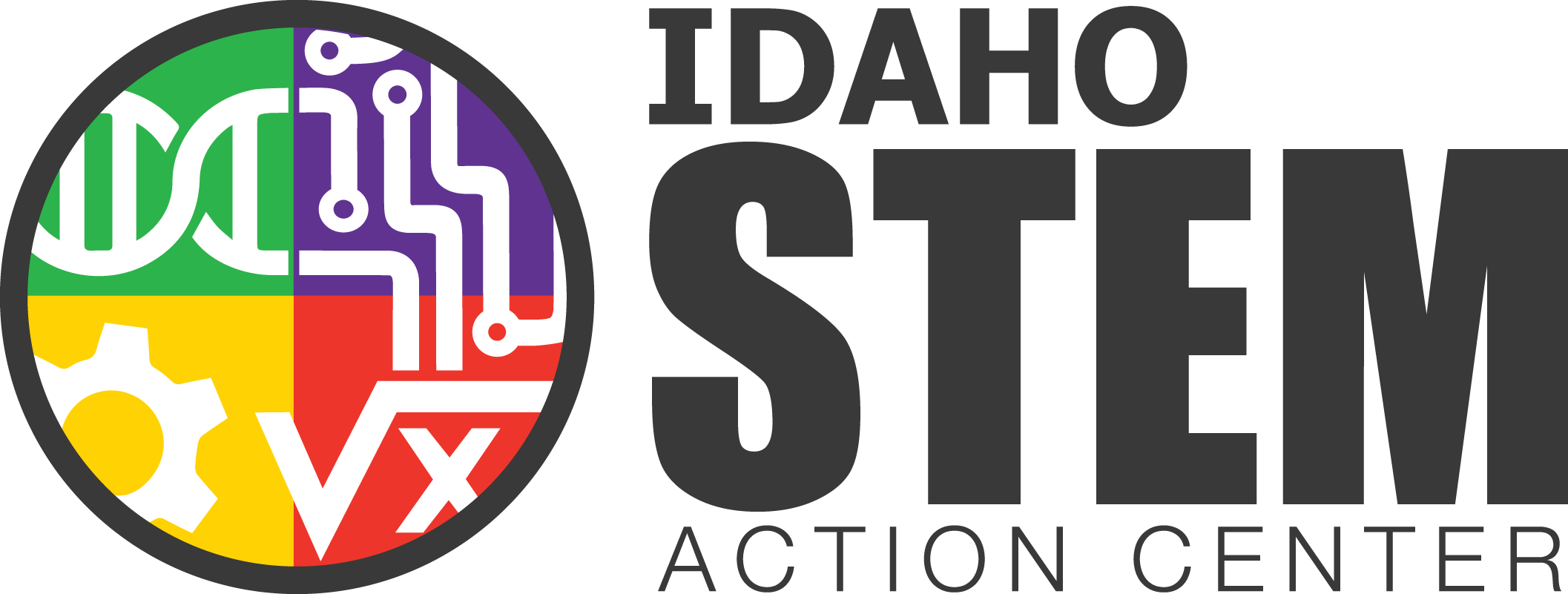i-STEM at College of Southern Idaho

i-STEM is a summer professional development opportunity for educators (PK-12) working in both classroom and informal settings. During the Institute, participants attend a strand on project-based, hands-on learning in a chosen content area, as well as general sessions tied to the Institute theme. Strand topics vary by location and can be accessed at the Institute links below in January 2024. Each participant will receive a kit of instructional materials unique to their strand, so that they can implement what they have learned in their own teaching environments.
2024 Theme is STEM Leaders: Launching a STEM Identity
Participants were encouraged to attend i-STEM with colleagues from their own school, district or organization so they could learn together, share ideas and collaboratively implement what they had learned.
STEM AC is reaching out to businesses throughout the state to sponsor registration fees. We will reach out to you once you are accepted into the program and let you know if your registration fee is covered by a sponsor.
STEM AC is reaching out to businesses throughout the state to sponsor registration fees. We will reach out to you once you are accepted into the program and let you know if your registration fee is covered by a sponsor.
Your district may have funds to pay your registration fee to attend STEM AC PD opportunities. Learn more about Title 4 funding here and talk to your local administrator for guidance.
Status: Closed
Fees for 2024: $50, 25% discount for group registrations.
Eligible Applicants: All educators – formal and informal
2024 Funding Schedule
Open: February 5, 2024
Close: March 15, 2024
Award date: April 1, 2024
i-STEM Dates for CSI:
June 11-14, 2024
PD Credits: PD credit is available for participation in this program.
Location:
College of Southern Idaho
Herrett Museum-Rick Allen Hall
315 Falls Ave
Twin Falls, ID 83301
Map and Directions
2024 Strands
Note: Kit contents and field trips are subject to change.
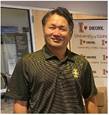 Strand Provider: Jae Ryu
Strand Provider: Jae Ryu
Keywords: Drone education, drone building from scratch, coding, flight experience, federal regulations/safety guidelines, real-world applications
Strand Description: The Idaho Drone League (IDRONE) learning strand will help K-12 STEM educators implement drone curriculum in their classrooms. 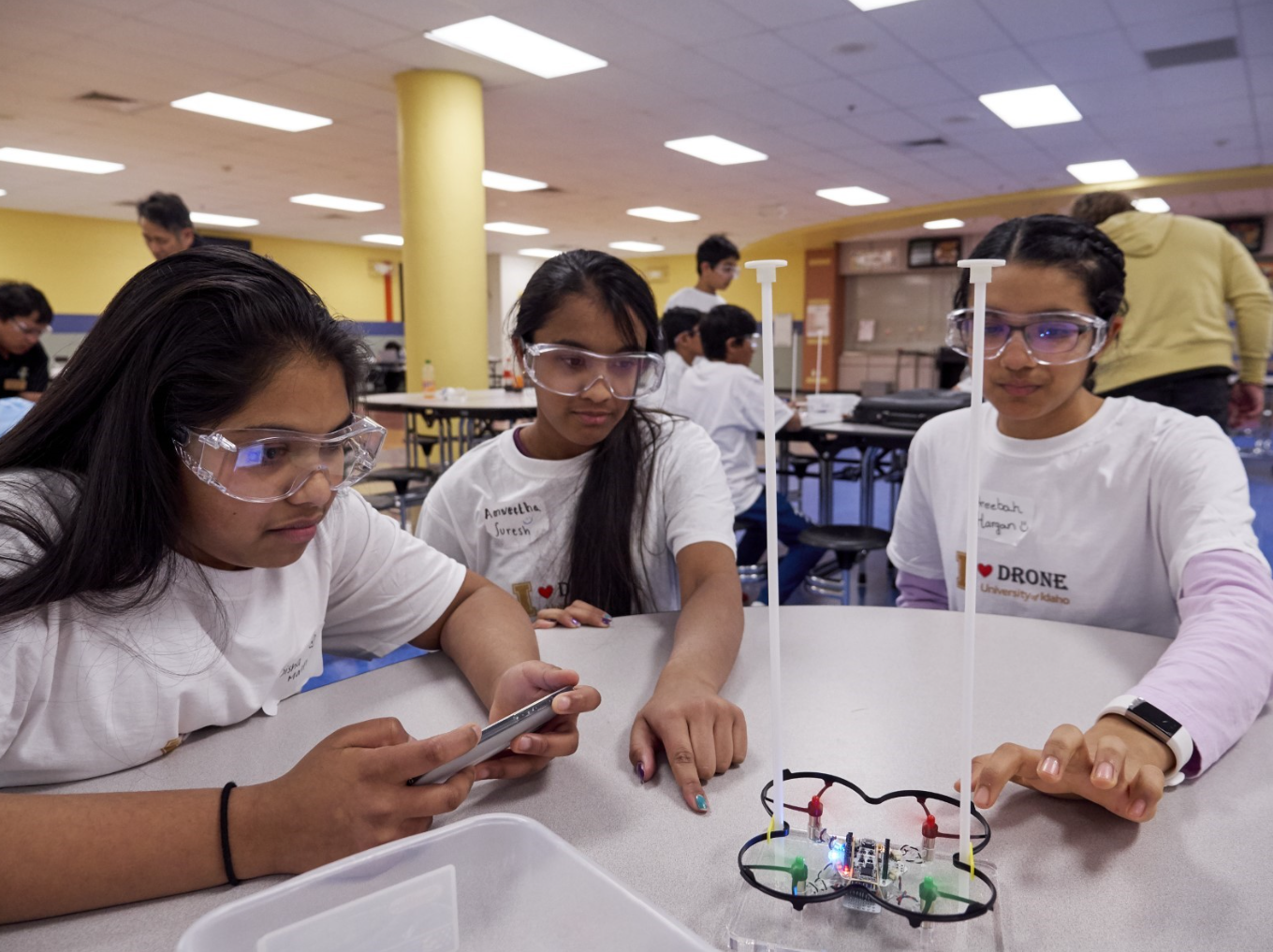 Teachers will learn how to build, code, and fly drones by meeting federal regulations and safety guidelines at the national airspace and will develop their own project-based research questions for their classroom settings. The primary objective of this project is to examine the effects of IDRONE ISTEM program on teachers? interest, knowledge, and confidence in the context of drone education in their classroom. A cohort of IDRONE ISTEM 2024 will engage in hands-on drone building from scratch, coding using Arduino IDE and MIT Scratch (block coding), indoor drone flying, and learning about safety regulations and autonomous technology, as well as developing their own curriculum (e.g., physics, Earth and Space Science disciplines) during the workshop in summer 2024.
Teachers will learn how to build, code, and fly drones by meeting federal regulations and safety guidelines at the national airspace and will develop their own project-based research questions for their classroom settings. The primary objective of this project is to examine the effects of IDRONE ISTEM program on teachers? interest, knowledge, and confidence in the context of drone education in their classroom. A cohort of IDRONE ISTEM 2024 will engage in hands-on drone building from scratch, coding using Arduino IDE and MIT Scratch (block coding), indoor drone flying, and learning about safety regulations and autonomous technology, as well as developing their own curriculum (e.g., physics, Earth and Space Science disciplines) during the workshop in summer 2024.
Your kits will/may include: Each student will receive an iDrone development kit (IDK). The coding-enabled iDrone develop kit consists of an Arduino flight controller, motors, propellers, batteries, other circuit accessories, ultra sonic sensors, IR sensors. During hands-on learning activities, students will learn how to build their own drone from scratch, how to program commands to make a small drone take off, fly, and turn using Arduino Integrated Development Environment (IDE) and MIT scratch for drone coding, and how to fly different drones, such as small educational drones, DJI phantom (recreational drone), and other educational drone platforms (e.g., Tello-alike drones).
Setting(s): Formal Classroom, Informal Learning Environment
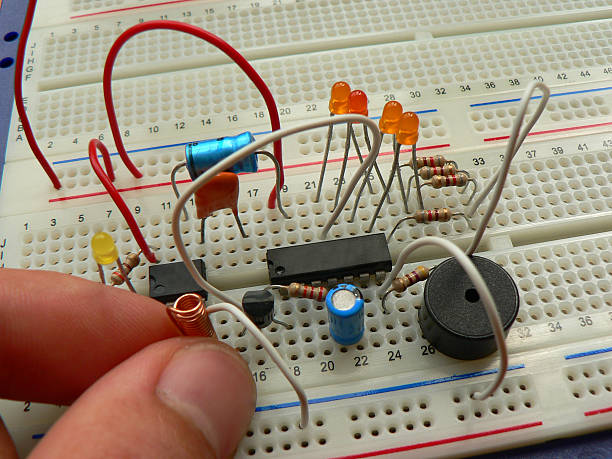 Strand Provider: Todd Anderson
Strand Provider: Todd Anderson
Keywords: Electronics, hands-on, tools, build, invent
Strand Description: The Experimenting with Electronics strand is geared towards teachers who would like to introduce hands-on science to their students. Participants will have the opportunity to build, troubleshoot, and test a variety of electrical circuits. Emphasis will be placed on learning the basics of electronic components, how circuits work, and being able to recognize and use a variety of different components. A simulated circuit environment will be utilized as well in order to verify circuits before physically building them. We will turn on LED lights, use sensors, run motors, and make sound. Exposure to how electronics work, the various components, and running their own tests, will benefit students’ concrete understanding of the science of electronics.
Your kits will/may include: The kit that participants in this strand will receive, has materials and components for building circuits on paper as well as on a prototyping breadboard. There are loads of useful electronic components, wires, as well as tools for working with them. This kit will provide educators with enough materials to engage their classroom in meaningful electronic experimentation. Links and supporting documentation will also be provided to participants in order to take what they have learned and implement it in their own classrooms.
Setting(s): Formal Classroom, Informal Learning Environment
Strand Provider: Ashley Schaffner
Keywords: Coding, Computer Science, Computational Thinking, Digital Literacy
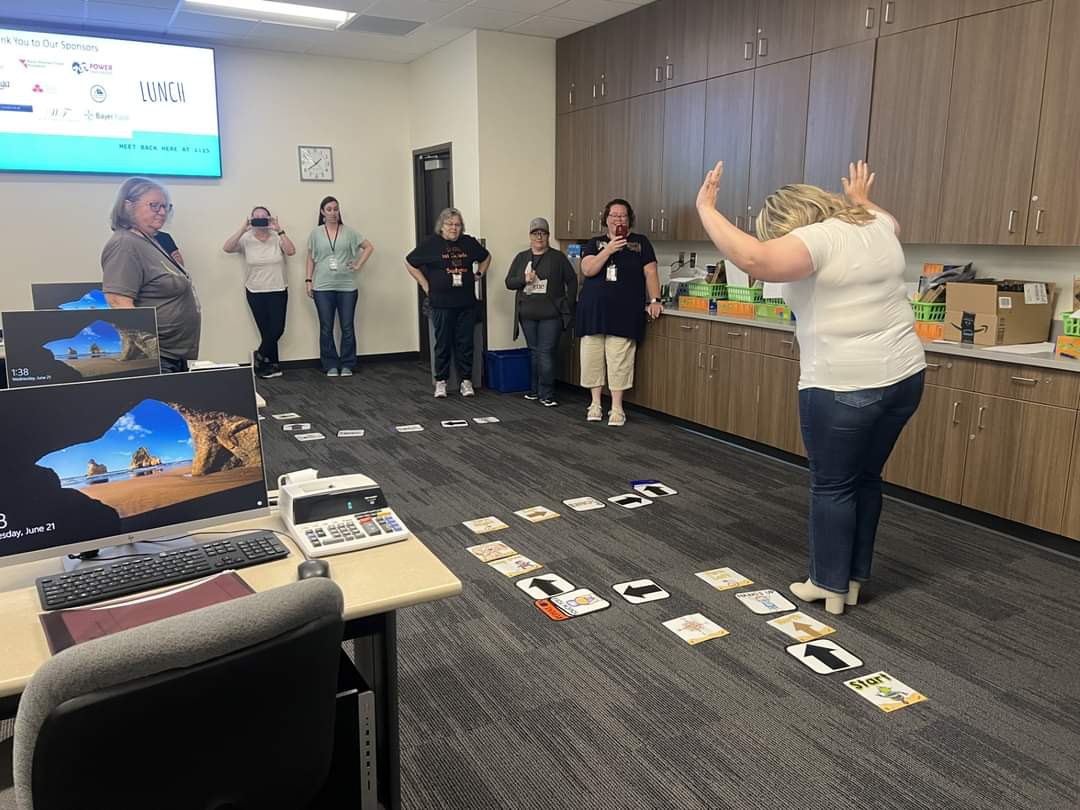 Strand Description: This strand equips educators with the knowledge and tools they need to integrate coding and computer science concepts into the early elementary classroom. Educators will gain the confidence and skills to facilitate year-long coding and computer science lessons with their students, guided by educators who have implemented the same content in their own classrooms to build critical thinking. An important component of this course will be empowering Cracking the Code: Computer Science for K-2 teachers to lead unplugged activities (no computer needed!) to naturally solicit computational thinking from their students. While this course is geared toward teachers working with students in grades PreK-2, it will also be a great resource for teachers of all grades looking to introduce their students to basic coding and computer science concepts. The course is founded on the Idaho Content Standards for Computer Science to prepare educators as they introduce students to concepts including, but not limited to parts of a computer, hardware and software, troubleshooting, typing skills, problem solving, teamwork, and of course coding! Teachers will also explore how introducing their students to these concepts at an early age will better prepare them for the future. Educators will leave with resources and knowledge to integrate and implement their own coding and computer science programs and lessons in their classrooms and schools.
Strand Description: This strand equips educators with the knowledge and tools they need to integrate coding and computer science concepts into the early elementary classroom. Educators will gain the confidence and skills to facilitate year-long coding and computer science lessons with their students, guided by educators who have implemented the same content in their own classrooms to build critical thinking. An important component of this course will be empowering Cracking the Code: Computer Science for K-2 teachers to lead unplugged activities (no computer needed!) to naturally solicit computational thinking from their students. While this course is geared toward teachers working with students in grades PreK-2, it will also be a great resource for teachers of all grades looking to introduce their students to basic coding and computer science concepts. The course is founded on the Idaho Content Standards for Computer Science to prepare educators as they introduce students to concepts including, but not limited to parts of a computer, hardware and software, troubleshooting, typing skills, problem solving, teamwork, and of course coding! Teachers will also explore how introducing their students to these concepts at an early age will better prepare them for the future. Educators will leave with resources and knowledge to integrate and implement their own coding and computer science programs and lessons in their classrooms and schools.
Your Kit will/may include: Teachers will gain access to Teachers Pay Teachers (TPT), a laminator and supplies, Code and Go Robot Mice, and a collection of Coding and Computer Science books. Together these items support teachers as they develop a cross-curricular, offline coding and computer science curriculum in their classroom.
Setting(s): Formal Classroom, Informal Learning Environment
Strand Provider: Scott Rogers
Keywords: STEAM, 3D design, Interdisciplinary Integration, Creativity Catalysts, Innovative Pedagogy
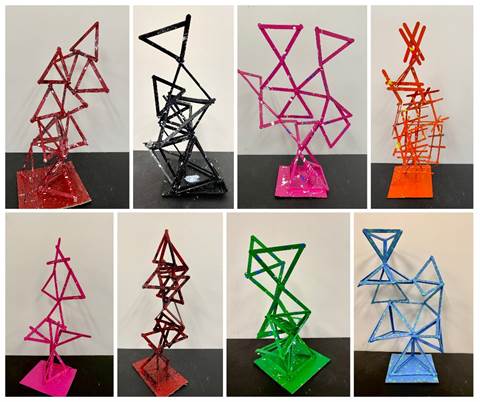 Strand Description: Welcome to the “Bridging Art and Innovation in High School STEAM: A 3D Printing Odyssey,” where creativity and technology converge to redefine the high school learning experience. Our strand is a dynamic exploration of cutting-edge pedagogical strategies that seamlessly integrate art and innovation into the STEM curriculum through the exciting medium of 3D printing. Engaging hands-on activities will empower educators with practical tools for fostering creativity in the classroom, from designing intricate sculptures to solving real-world problems using 3D printing technology. Participants will delve into innovative content that includes cross-disciplinary projects, exploring the intersection of art and STEM subjects. Our goal is to equip educators with the skills to inspire students to think critically, problem-solve creatively, and approach STEM fields with newfound enthusiasm. By the end of the strand, attendees will leave with a repertoire of effective teaching methods, ready to cultivate a stimulating educational environment that not only imparts technical skills but also nurtures the artistic spirit within each student, ensuring a well-rounded and future-ready generation of innovators.
Strand Description: Welcome to the “Bridging Art and Innovation in High School STEAM: A 3D Printing Odyssey,” where creativity and technology converge to redefine the high school learning experience. Our strand is a dynamic exploration of cutting-edge pedagogical strategies that seamlessly integrate art and innovation into the STEM curriculum through the exciting medium of 3D printing. Engaging hands-on activities will empower educators with practical tools for fostering creativity in the classroom, from designing intricate sculptures to solving real-world problems using 3D printing technology. Participants will delve into innovative content that includes cross-disciplinary projects, exploring the intersection of art and STEM subjects. Our goal is to equip educators with the skills to inspire students to think critically, problem-solve creatively, and approach STEM fields with newfound enthusiasm. By the end of the strand, attendees will leave with a repertoire of effective teaching methods, ready to cultivate a stimulating educational environment that not only imparts technical skills but also nurtures the artistic spirit within each student, ensuring a well-rounded and future-ready generation of innovators.
Your Kit will/may include: Flashforge Finder 3 3D Printer – The Flashforge Finder 3 is a great introduction Printer. Easy to use machine with good print quality. Flashforge PLA Matte Filament 1.75mm 1KG Spool – Filament to practice in the session and get started in a classroom. YEETIN 45 Pieces 3D Printer Tools Kit, 3D Printing Accessory Includes Deburring Tool, Digital Caliper, Art Knife Set, Tube Cutter, Storage Bag- Tools needed to clean and maintain a 3D printer.
Setting(s): Formal Classroom, Informal Learning Environment
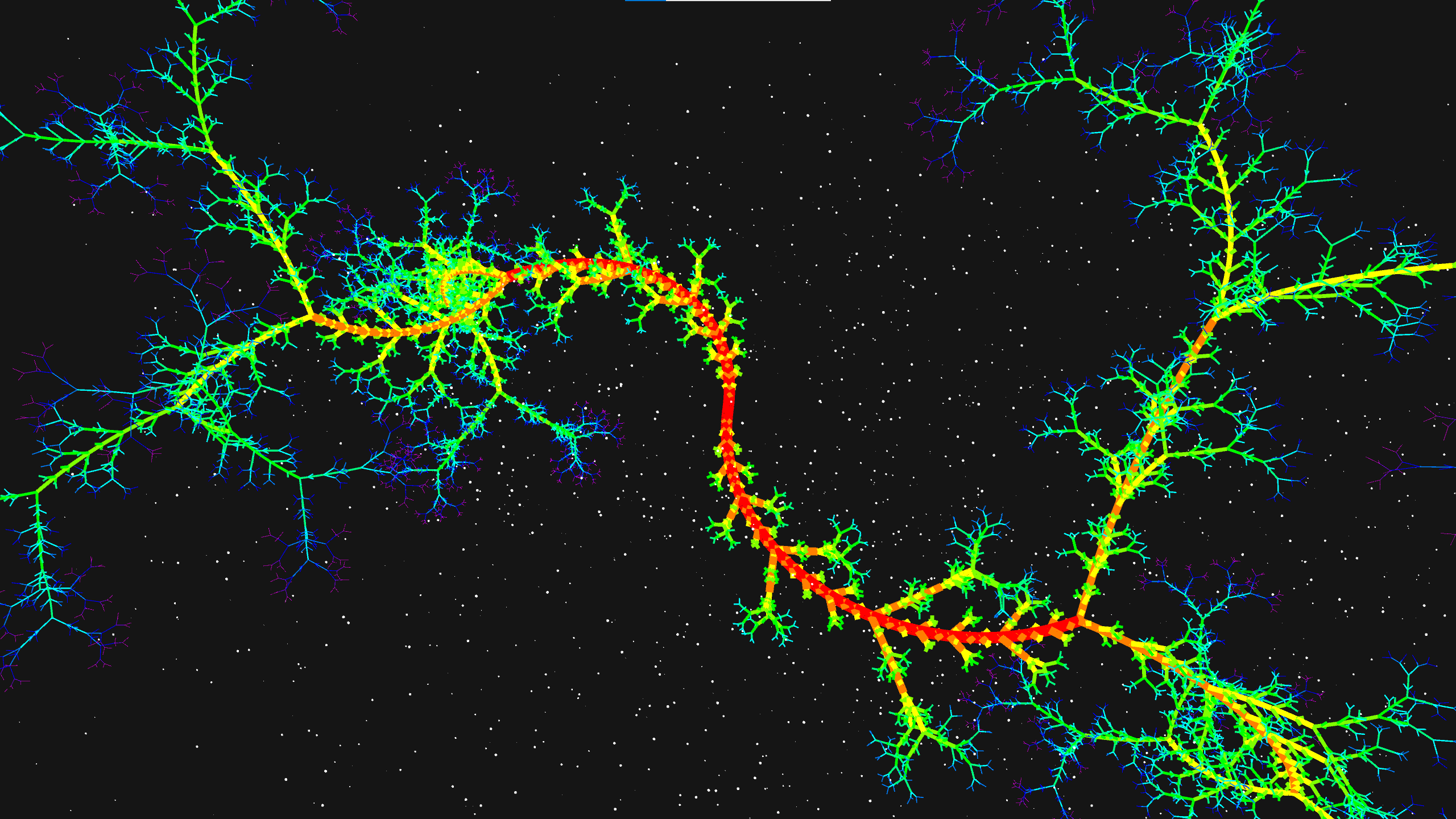 Strand Provider: Brett Hoagboam
Strand Provider: Brett Hoagboam
Keywords: Drones, FAA Regulations, Aerial Photography, Aerial Cinematography, 107b Certification
Strand Description: Unmanned aerial systems (drones) have revolutionized a wide variety of applications from imaging, data collection, public safety, agriculture and science. Although the technical aspects of drone operations are wildly diverse, the core principles of flight, safety and management of the national and global airspace are mostly the same. In this strand, we will explore the fundamentals of drone operations, FAA regulations and Drone etiquette while incorporating some basic photography and cinematography techniques to add an element of fun to the training. With the knowledge and experience gained while attending this strand, educators will have a basic understanding of drone operations to share with students who may find interest in a career with drones.
Your Kit will/may include: DJI Mine SE Drone. Beginner aerial camera system for basic video and photography. This will expose educators to actual implementation of the skills they have learned in the strand for a
real-world application of their new skills.
Setting(s): Formal Classroom, Informal Learning Environment
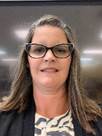 Strand Provider: Jennifer Walker
Strand Provider: Jennifer Walker
Keywords: Beginning coding, engineering, circuits, problem solving
Strand Description: Encourage your students to explore science, technology, engineering and math by participating real-world projects and engineering challenges. In this strand, you will build circuits to create a game, design a parachute to drop on a target, and design a cardboard Gingerbread house. Learn ways to cultivate critical thinking, creativity, and collaboration skills with highly engaging project that will inspire your students to be curious learners with a passion for understanding the world around them.
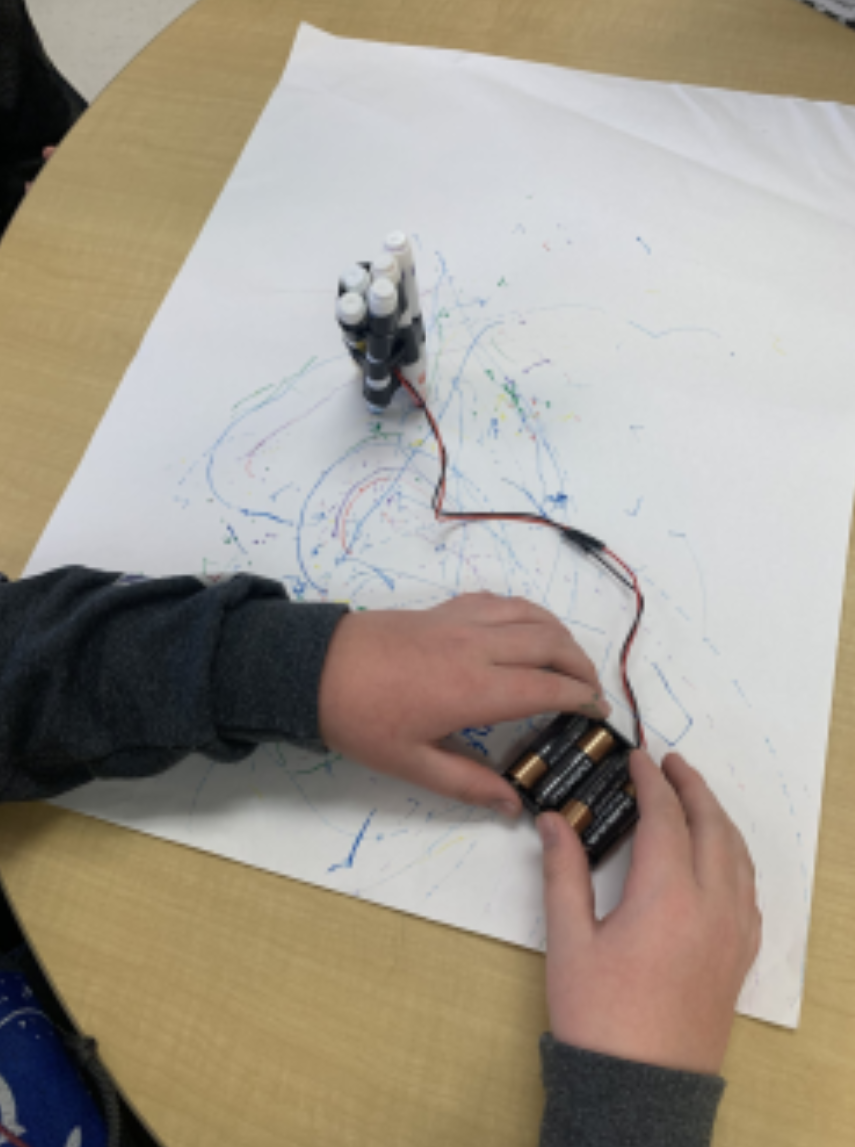 Your Kit will/may include:
Your Kit will/may include:
Makedo Invent Kit: 360 piece kit to give learners the tools they need to explore their world in a hands-on, minds-on way. Includes safe saws and tools that allow for creating, failing, and recreating.
Squishy Circuits: Learn about electricity by bringing playdoh creations to life! Kit includes battery packs, buzzers, motors, and LED lights.Also included: extra motors and battery packs to allow for further exploration of electricity. Use these to create draw bots, a wire game, and even a homemade operation game!
Setting(s): Formal Classroom, Informal Learning Environment
Strand Provider: DaNel Hogan
Keywords: Energy Systems, Electricity, Systems Thinking, Physical Science, Energy Efficiency
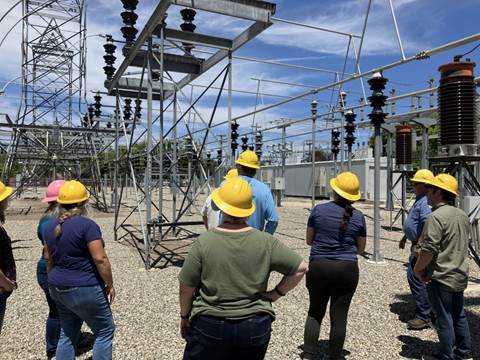 Strand Description: Embark on a dynamic exploration of Idaho’s energy landscape and discover innovative ways to reduce energy consumption through efficiency and conservation in this immersive professional learning strand tailored for 4th-12th grade teachers. Delve into the science behind electricity production, explore modern energy sources, and enrich your teaching toolkit with hands-on experiences, including building your own electric generators. The comprehensive classroom kits provided to participants empower you to seamlessly integrate science activities on electromagnetism, circuits, and static electricity into your learning spaces with an emphasis on the importance of sustainable energy practices for the environment and national security. Uncover the power of graphical storytelling, including behavior-over-time graphs and slow reveal graphs, to amplify student sensemaking. Utilize the Scientific Phenomenon Iceberg Model to dispel energy-related misconceptions and empower students to engage in 3-dimensional learning experiences which put them at the center of the sensemaking. Join us in Wired for Wonder to energize your teaching using systems thinking, encouraging students to envision a world driven by responsible energy use, inspiring curiosity, understanding, and continuous improvement in the ways we harness and consume energy daily.
Strand Description: Embark on a dynamic exploration of Idaho’s energy landscape and discover innovative ways to reduce energy consumption through efficiency and conservation in this immersive professional learning strand tailored for 4th-12th grade teachers. Delve into the science behind electricity production, explore modern energy sources, and enrich your teaching toolkit with hands-on experiences, including building your own electric generators. The comprehensive classroom kits provided to participants empower you to seamlessly integrate science activities on electromagnetism, circuits, and static electricity into your learning spaces with an emphasis on the importance of sustainable energy practices for the environment and national security. Uncover the power of graphical storytelling, including behavior-over-time graphs and slow reveal graphs, to amplify student sensemaking. Utilize the Scientific Phenomenon Iceberg Model to dispel energy-related misconceptions and empower students to engage in 3-dimensional learning experiences which put them at the center of the sensemaking. Join us in Wired for Wonder to energize your teaching using systems thinking, encouraging students to envision a world driven by responsible energy use, inspiring curiosity, understanding, and continuous improvement in the ways we harness and consume energy daily.
Your Kit will/may include: The “Wired for Wonder” strand kit is carefully curated to facilitate the immediate implementation of learned pedagogical strategies and experienced hands-on, minds-on 3-dimensional science lessons, making the transition from training to classroom seamless and effective. Included in the kit are systems thinking starter kits, providing educators with Habits of a Systems Thinker cards and the Systems Thinking as Practice workbook along with other resources to help teachers incorporate systems thinking into their instruction. Additionally, the kit features a classroom set of wireless electricity modules, electromagnetism classroom sets (including generators, eddy current tubes, and compasses), paper circuit classroom sets (LEDs, copper tape, button batteries) for exploring series and parallel circuits, energy efficiency electricity usage monitors, and static electricity classroom sets with the sophisticated lab equipment known as Scotch tape, and magnetism classroom sets with magnets, of course, supplies for mining your own iron filings and creating your own compasses. These materials offer educators the necessary supplies to engage full classrooms of students, allowing for hands-on exploration of key energy science concepts. To further support educators, the kit includes essential literature such as Vol. 2 Uncovering Student Ideas in Physical Science: 39 NEW Electricity and Magnetism Formative Assessment Probes by Page Keeley and Rand Harrington, Everyday Superheroes: Women in Energy Careers by Erin Twamley, Joshua Sneideman, and Katie Mehnert, and Hidden Systems: Water, Electricity, the Internet, and the Secrets Behind the Systems We use Every Day by Dan Nott. These books serve as valuable resources for both educators and students, providing additional insights into the world of energy and inspiring career aspirations.
Setting(s): Formal Classroom, Informal Learning Environment
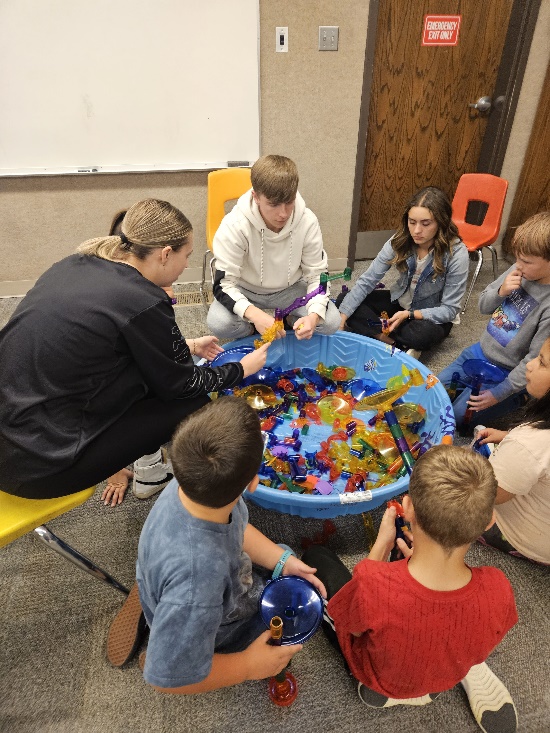 Strand Provider: Colton Walker
Strand Provider: Colton Walker
Keywords: STEM, engagement and curriculum
Strand Description: We will show educators the various way they can implement stuff activities at various grade levels across different curriculums. We will engage educators in various fun activities they can take back to their classroom that require little planning and preparation as well as materials. We will also allow for collaboration after certain events to plan activities with one another that apply to Elementary, Junior High School, and High School curriculum. Sending educators back to the classroom with the tools and knowledge necessary to implement these STEM projects in their own classrooms at whatever grade level.
Your Kit will/may include: We will give them the beginning supplies to make their own maker space. We will give them generic items such as STEM Craft supplies, but then will also supply them with either a BOLT or Indie they can take an put in their classroom as well.
Setting(s): Formal Classroom, Informal Learning Environment


